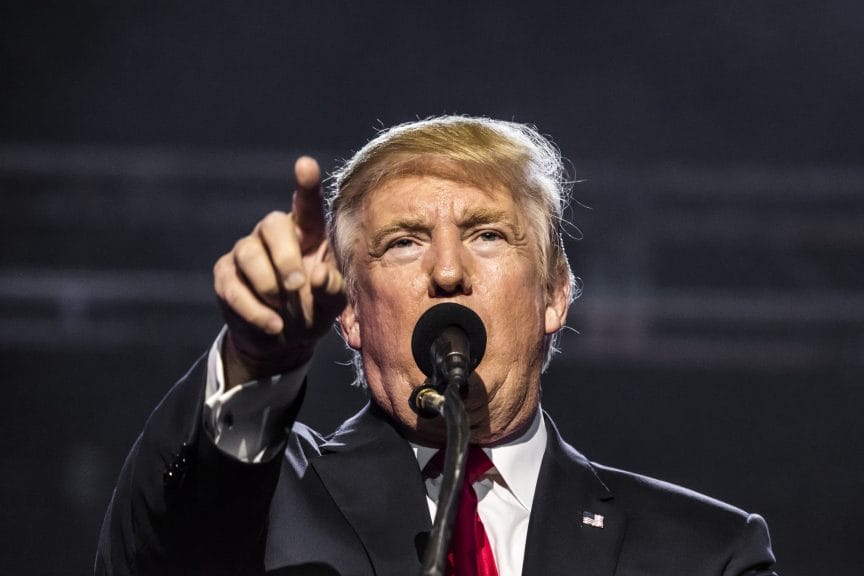In a significant turn of events, Fulton County Superior Court Judge Scott McAfee has made a pivotal decision affecting the legal landscape surrounding former President Donald Trump.
Judge McAfee dismissed six counts from the indictment, narrowing down the charges from 13 to 10, specifically targeting the alleged efforts to solicit public officials to violate their oaths of office.
Judge’s Decision on the Trump’s Charges
The decision of Fulton County Superior Court Judge Scott McAfee particularly pertains to notable instances, including Trump’s phone call to Georgia Secretary of State Brad Raffensperger, a conversation with then-Georgia House Speaker David Ralston on December 7, 2020, and a letter sent to Raffensperger in September 2021.
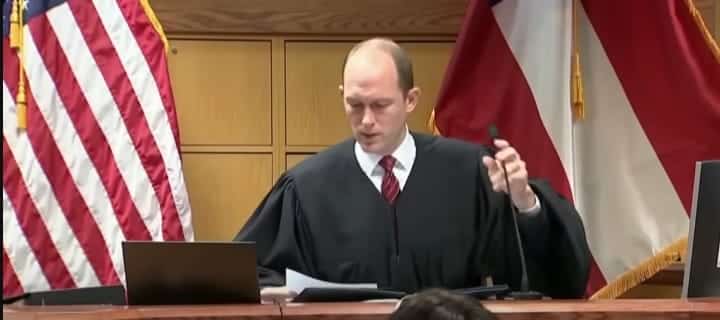
The dismissal of these charges, rooted in an alleged pressure campaign against key elected officials such as Raffensperger and members of the Georgia Senate, was attributed to insufficient detail in the indictment regarding the underlying felony solicited. Despite this partial victory for Trump, the legal battles are far from over, with significant charges, including racketeering, still looming over him and his co-defendants.
Response from Legal Teams and Analysts
Fulton County District Attorney Fani T. Willis, leading the charge, opted for silence, refraining from commenting on the judge’s recent decision. Trump’s legal representatives, on the other hand, hailed the dismissal as a “total vindication,” framing the prosecution as politically motivated.
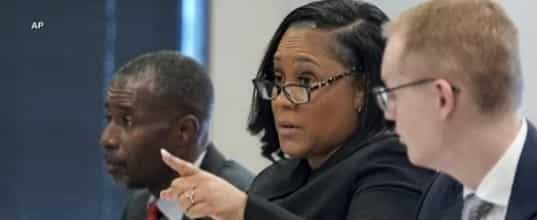
Legal analysts have offered nuanced perspectives, cautioning that the dismissal doesn’t equate to a declaration of innocence. Instead, it underscores a lack of sufficient evidence to proceed with those specific charges. This viewpoint is echoed across the board, with some analysts suggesting political undercurrents may have played a role in the decision-making process.
The legal community remains divided over the implications of the charges’ dismissal. While some argue for the continuation of the investigation, others believe the judge’s decision was justified based on the evidence presented.
Amidst this legal tug-of-war, the broader political landscape looms large, especially with the upcoming presidential race where Trump is expected to compete against Biden, adding another layer of complexity to the unfolding legal drama.
Implications of Charges Dismissed
Despite the dismissal, prosecutors retain the ability to present evidence related to the dropped charges as part of their argument that Trump and his allies conspired criminally to overturn the election results. This suggests that while specific charges have been dismissed, the broader case against Trump and his co-defendants remains robust and significant.
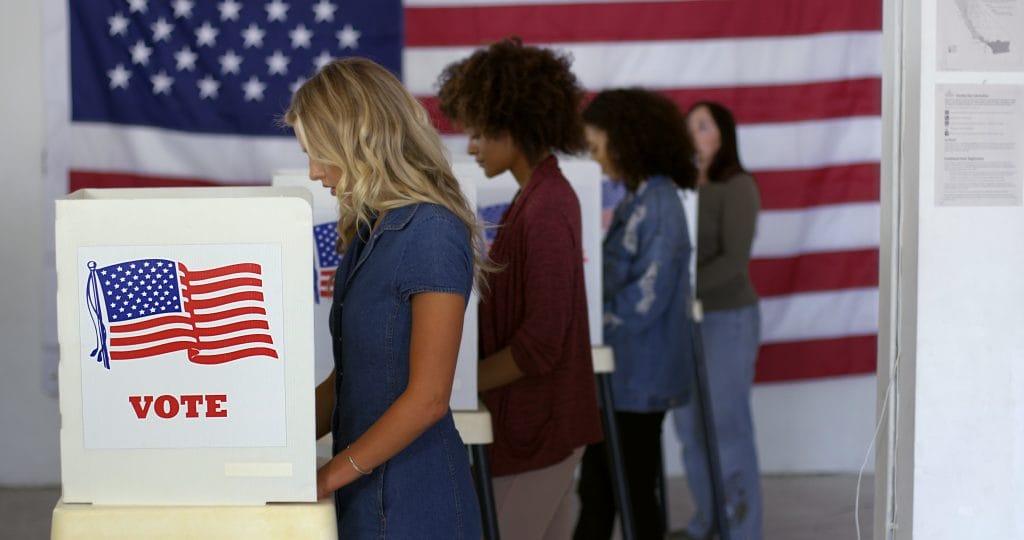
Public reaction to the dismissal has been polarized, with some expressing relief and others concern for future election integrity. This division underscores the case’s potential to influence public opinion and voter confidence in the electoral process.
Legally, the dismissal does not absolve Trump from other ongoing investigations into his business practices and personal finances, indicating that his legal challenges are far from over. Politically, the dismissal reinforces Trump’s narrative of being a victim of political persecution, which could have implications for his support base and potential candidacy in future elections.
Moreover, the case could set a precedent for how allegations of political motivation are treated in legal proceedings, potentially affecting the judicial landscape for future cases.
Potential Impact on Trump’s Political Future
The dismissal of the election racketeering lawsuit in New York may offer a significant boost to Trump’s political aspirations, potentially easing one of the many legal burdens he faces.
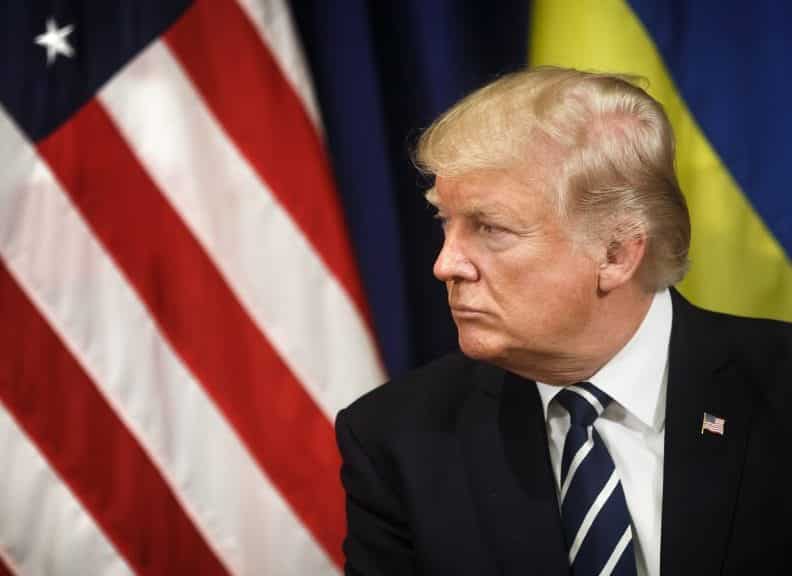
This development could enhance his position within the GOP and among his base by portraying him as overcoming legal challenges even though it does not clear him of the broader reputational damage the allegations have caused. However, the remaining criminal trials, while unlikely to prevent Trump from securing the GOP nomination or appearing on ballots, will continue to spotlight his most controversial qualities.
This aspect is particularly relevant for a segment of the electorate for whom these qualities are significant deterrents. The juxtaposition of legal victories against ongoing legal and ethical scrutiny encapsulates the complex impact these developments have on Trump’s political future, suggesting a path that is both bolstered by perceived vindications and hampered by enduring controversies.


